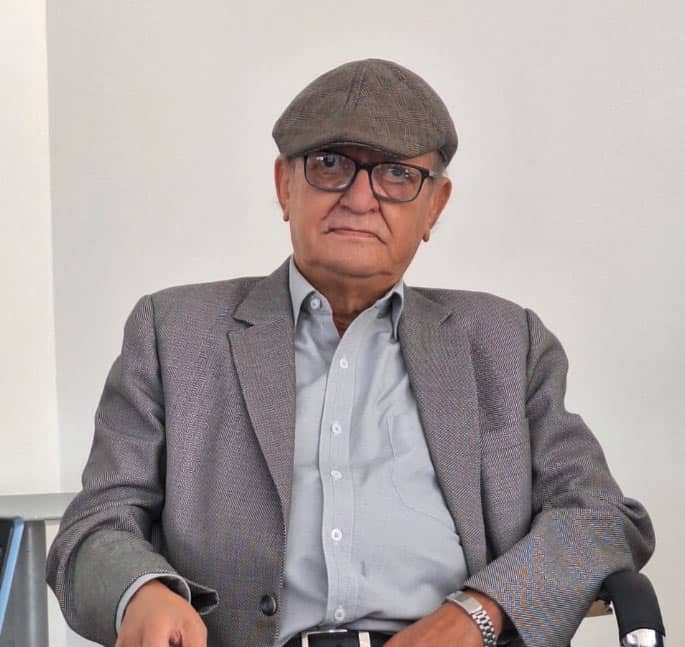By Elio Villaseñor G.
“Democracy is not only the right to vote,
It is the right to live in dignity”
Naomi Klein, Canadian journalist, writer and political activist
In Mexico City, candidates highlight the importance of young people in their campaigns, promising scholarships, housing and support for entrepreneurship, recognizing that young people are the present and future of the nation. However, the challenge lies in the implementation of these plans, since many remain on paper, without a real will to carry them out.
The political system faces the dilemma of an exercise of power that becomes patrimonialist, where proposals lack effectiveness without mechanisms of collaboration and accountability.
Young people are tired of empty promises and are demanding that they be kept, as well as the creation of mechanisms to ensure their fulfilment. An analysis by the research agency Dinamic revealed that one fifth of young people who have received information and proposals from the candidates are not interested in the proposals, as in 22,461 messages they did not make any value judgements on the matter and in 8,271 of their interactions they say that they will not vote.
Young people are tired of speeches that do not translate into concrete actions and know that the only way to overcome their problems is with determination and innovation. They are not looking for recipes from the past, but rather public policies that come from spaces of collaboration and that allow each individual to actively contribute.
Interest in the political participation of young people begins with greater social awareness of the right to be heard. It is crucial that proposals aimed at young people are inclusive and participatory, making them part of the solution and protagonists of the present and future.
Young people are not just recipients, but seek to contribute enthusiasm and ideas to build new paths and evolve towards new forms of civic participation that are strongly centered on social media. According to Dinamic, out of 10 cyber conversations by young people about the campaigns were on Facebook (48%); on Tik Tok (27%), on 'X' (15%) and on Instagram (10%).
Therefore, while it is positive that the proposals of the candidates for the Government of Mexico City emphasize the youth agenda, it is more important to recognize that they embody a change of era that demands a new relationship between citizens and authorities, creating with them alternatives for a dignified life and working with technological changes, recognizing young people as living actors in communities with an impact at a global level. There is an urgent need for democratic institutions to find ways to communicate and interact better with young people and co-create effective policies at the local, regional and national levels.
The strength of young people and their proposals are part of the solution. Their participation in the public sphere and the construction of their own agenda with a young face is a key challenge to strengthen participatory democracy in Mexico and in the city.






